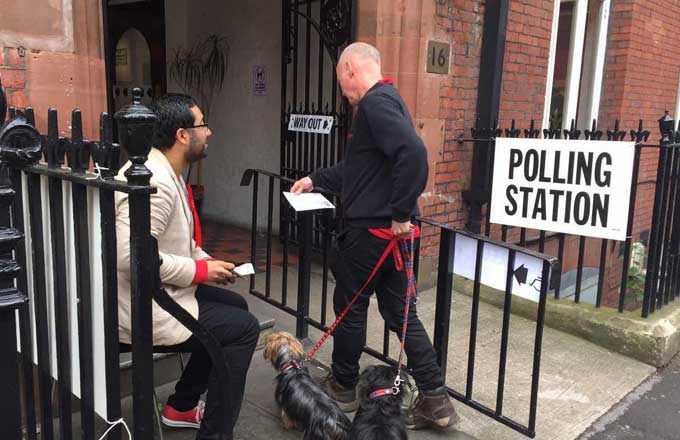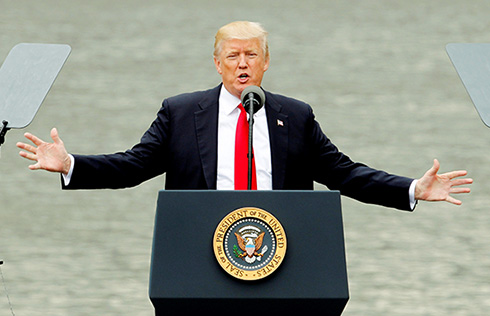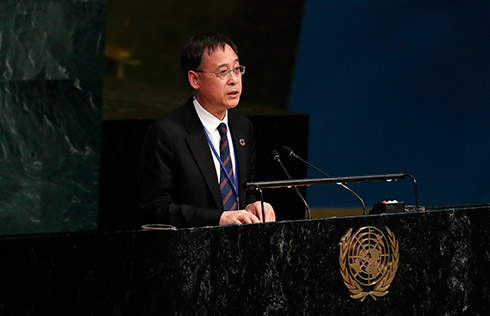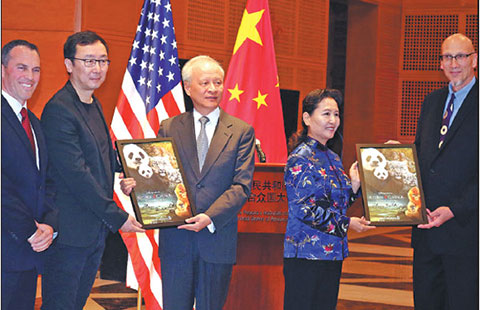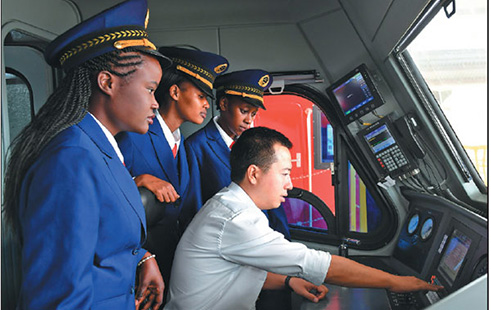Li to focus on trade in European visit
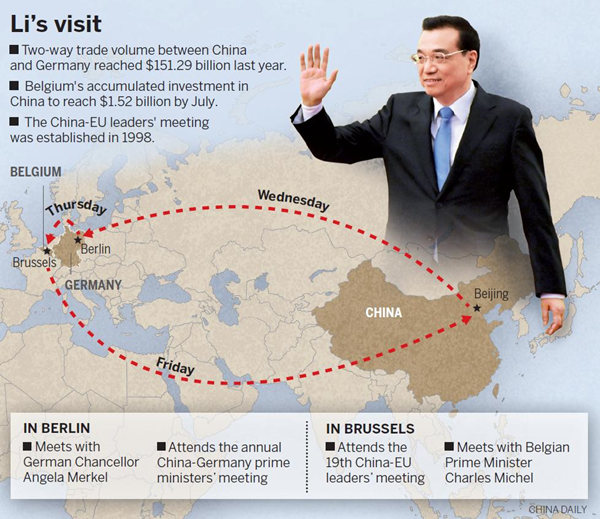
Premier will meet with Merkel, EU leaders in three-day trip
Premier Li Keqiang is scheduled on Wednesday to kick off his trip to Berlin, which analysts and officials said is expected to boost China-Europe free trade and inject impetus to the global economic recovery.
During the three-day trip, Li will pay official visits to Germany and Belgium, attend the annual meeting with German Chancellor Angela Merkel and meet with leaders of the European Union under an annual mechanism in Brussels, according to the Foreign Ministry.
Through the visit, China expects to enhance strategic communication to strengthen political trust, improve practical cooperation and jointly send a positive signal of cooperation, openness and win-win values, said Vice-Foreign Minister Wang Chao.
China and Europe don't have fundamental contradictions or geographic conflicts, and they have many common interests and similar stances on issues such as boosting free trade, safeguarding the multilateral trade system and improving global economic governance, he said.
Wang also called for joint efforts to handle and resolve disputes properly in a constructive manner, and take each other's core interests and major concerns into consideration.
Yang Yanyi, China's ambassador to the European Union, told Xinhua News Agency that both parties should send positive signals of jointly safeguarding peace and promoting development at a time when economic globalization faces setbacks with rising challenges of pro¬tec¬tion¬ism.
The China-proposed Belt and Road Initiative has led to cooperation be¬tween China and European countries in airport and seaport construction, finance and rail transportation, she said.
It's natural that China and Europe have disagreements in developing bilateral economic and trade ties, she said, adding that the two sides should focus on common interests and control trade conflicts through dialogue and consultation.
During Li's visit to Germany, leaders of the two countries will exchange views on Article 15 in the protocol on China's accession to the World Trade Organization, China's ambassador to Germany, Shi Mingde, told the China Radio International.
According to Article 15, WTO member nations should have ceased on Dec 11, 2016, from using the surrogate country approach in anti-dumping investigations on China. This date was 15 years after China became an official member of the organization.
Under the surrogate country approach, WTO members use costs of production in a third country to calculate the value of products from countries on its "non-market economy" list, which includes China.
It's an obligation for the EU members, including Germany, to stop using the surrogate country approach while conducting anti-dumping investigations into China, Shi said.
Li Chenggang, assistant minister of commerce, said China became Germany's largest trade partner for the first time last year, when the bilateral trade volume reached $151.29 billion.
The EU has been China's largest trade partner for many years, and China is the EU's second largest trade partner. The two sides have made positive progress in cooperation in infrastructure, finance and digital economy in recent years, Li said.
The economies of China and Belgium are highly complementary and the two countries have huge potential regarding trade in chemicals, food, finance, bio-pharmacy, environmental protection and life science, he said.
Wang Mingjin, a professor of international relations at Beijing Foreign Studies University, said cooperation agree¬ments be¬tween small and medium-sized enterprises in China and European Union members will be a highlight of Li's visit.
As a manufacturing giant, China has great potential in cooperating with the EU members in machinery production, environmental protection and robotics, he said.
Li's visit also will enhance cooperation between China and Europe in pushing forward globalization, free trade and open markets, he added.
Cui Hongjian, director of the Department for European Studies at the China Institute of International Studies, said the EU faces challenges, including the uncertainties caused by the power transfer in some EU members.
China and the EU should overcome the difficulties, focus more on the positive factors and join hands to fight protectionism, he said, adding the two sides have disagreements in some areas including the identification of China's status as a market-oriented economy.
China and European countries could make joint efforts to push forward the Belt and Road Initiative and enhance cooperation in such areas as maritime exploitation, infrastructure and finance, he said.
Zhou Jin contributed to this story.




